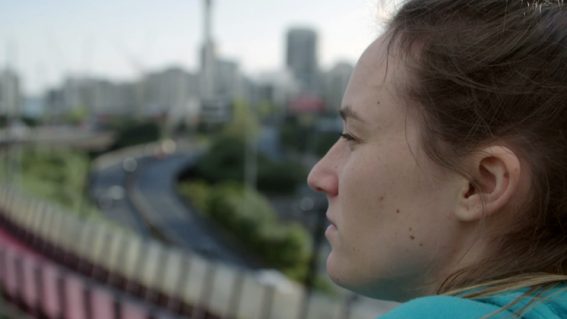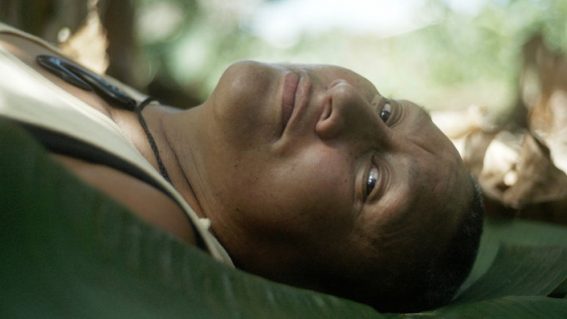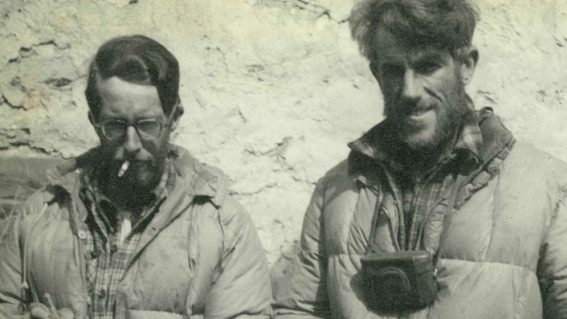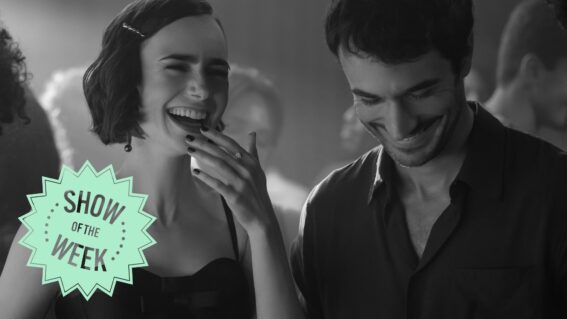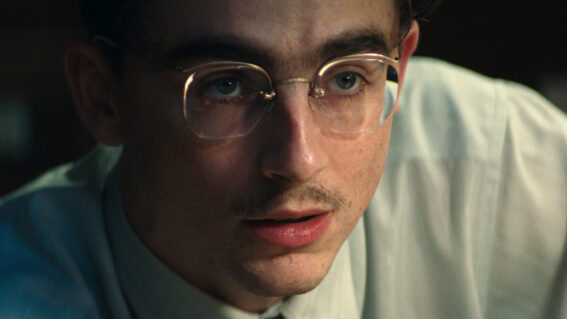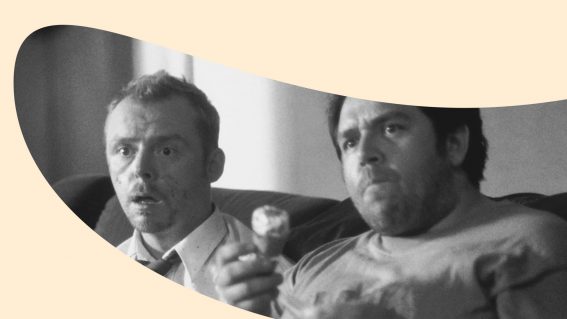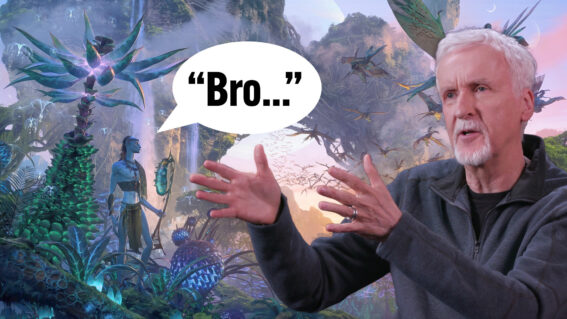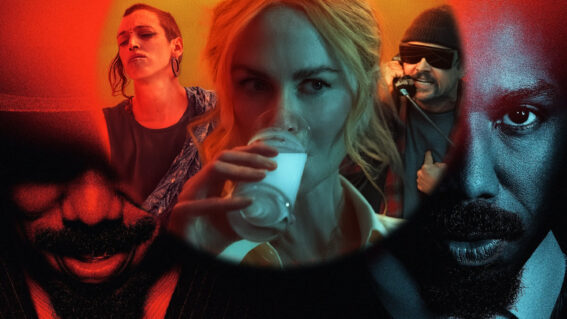NZIFF 2020 Q&A: Rūrangi
Rūrangi follows a young trans activist back to small-town Aotearoa origins.
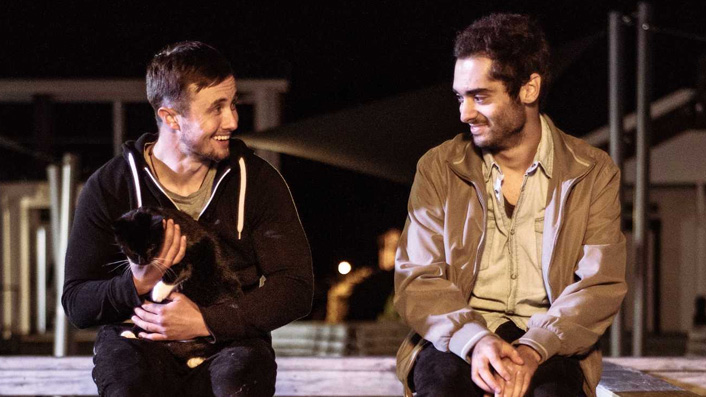
Find out more about Rūrangi, streaming online (and playing in select cinemas) as part of Whānau Mārama: New Zealand International Film Festival 2020, running 24 July to 3 August.
A special feature presentation of the Aotearoa web series from director Max Currie (Everything We Loved) and writer Cole Meyers. Rūrangi follows a young trans activist back to the small town he fled from to find himself. Learn more about Rūrangi in our Q&A with Currie below.
See also:
* Mini-reviews of Whānau Mārama: New Zealand International Film Festival 2020
* All our Q&As with this year’s filmmakers
* Steve Newall’s early picks from the programme
* Liam Maguren’s early picks from the programme
Describe your film in EXACTLY eight words.
Embattled son reaches out to dairy farmer Dad.
While premiering as a feature at the festival, Rūrangi is a web series. What pros and cons did you find in the episodic format you made it in?
The best stories are about people changing. Episodic content, and the season-spanning character arcs does justice to what a difficult, incremental and long process it is for people, families and society to truly change. This first season of Rūrangi was our most bite-sized story, able to be told in five episodes, focusing on a son who’s trans returning home to smalltown New Zealand to reconnect with his father. But this first story is how we welcome audiences into a much bigger adventure, involving many characters, about New Zealand’s changing identity as it reconciles its past with its future. The other big advantage of episodes is being able to introduce audiences to cool, gender diverse Kiwi music under the credit role for each ep. I’m a huge fan of Randa and we use their music throughout.
What drew you to the story of trans activist Caz, and his return to smalltown Rūrangi?
The relationship between men and their fathers is something I keep coming back to, and I was bowled over when I realised that although Rūrangi’s father character, bought to life with grit and heart by Kirk Torrence, had raised Caz – he had never seen him. We get to see this moment when it happens, for the first time, and it’s taken both men their whole life to get there. It’s singular and powerful.
Caz is brought to life by Elz Carrad. How was the journey to casting him in the role?
The moment I saw Elz Carrad’s audition tape was EVERYTHING. I was in Berlin at the time, and I was shit-scared that I’d committed to a show with no idea whether New Zealand even had a single trans actor capable of carrying such a big role. And our tireless casting director, Kate McGill found him. Or he found us? Right from the start, Elz was utterly charming and had swagger and vulnerability and happened to be Māori, too – which was an unexpected bonus that had big implications (and rewrites) for the story. We couldn’t have found a more Kiwi Caz.
During production, what was the biggest hurdle you had to overcome?
Getting the cat to jump up into Elz’s lap at the right time, during a scene we shot at a high school just after midnight. But when you see it… it’s like magic. TBH, I can’t properly answer this question and do justice to the ongoing challenges my team have to overcome to make Rūrangi possible, achieving so much with so little… but the cat story is cute, right?!
Rūrangi writer Cole Meyers is quoted in the festival programme as saying “We’re not interested in seeing another story told about us, any more transition stories, trauma or tropes.” How does that attitude resonate with you?
I want to yell f**k yeah! A lot of people don’t personally know a trans person, so they’ve formed their opinions from the stories and characters they see on TV and films. Watch Laverne Cox’s documentary Disclosure on Netflix, and you’ll see that over and over again, trans people are portrayed as messed-up, murderous, hyper-sexualised, lying monsters who get “exposed” and raped and killed. I mean holy shit, people – we’ve been spoon-fed this crap for years and years because these stories about trans people have been written and created by people who have no experience of being transgender.
Even worse, we give awards to actors like Hilary Swank or Jared Leto or Felicity Huffman who “perform” being a trans person, reinforcing the idea that being a trans person is about pretending, that it isn’t real and valid and that you can just take the costume off. It’s all wrong, and this is why most people, including trans people who are still discovering themselves, often form opinions about the trans experience that are not only untrue – they’re opinions that do enormous harm because opinions inform behaviour. The truth about being trans, that too rarely gets embodied, is that you are just as loveable and complex and important as anybody else.
For you, what was the most memorable part of this whole experience?
Okay. Deep breath here….
Our very first night on set was March 15, 2019 – the night of the Christchurch Mosque shooting. Most of my cast had never acted in front of the camera before, some of our crew were from Christchurch, many more had family or friends there. So along with first-night jitters and fears, we’re experiencing this horrific destruction of human life from a place of hatred. So even though the clock was ticking, we all stood in a circle and held hands and acknowledged that we were making something to combat hatred, and that unlike many New Zealanders that night who would be feeling helpless – we actually had a very clear and direct way, through our craft, of responding to what was happening.
I mean, I know storytelling and art can’t bring back the dead or stop a bullet, but because injustice and violence have their roots in ideas and emotions – we can go to the source of these phenomena and change them. It rips my kilt when I see those surveys saying artists have the most disposable ‘career’ in the post COVID world. Get f***ed. We help you build the way you feel about the world.
What was the last great film you saw?
God’s Own Country by Francis Carson Lee.






